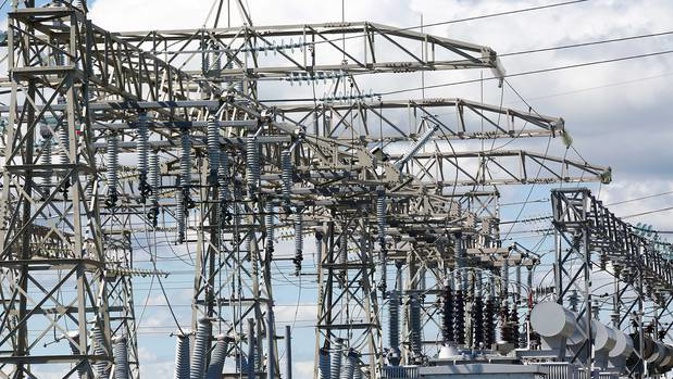
The Electricity Authority (EA) has changed market rules to ensure that consumers are not affected by very large power contracts after last year's Tiwai Point deal highlighted the potential for price discrimination.
The independent statutory body said consumers would be protected from potentially paying more than they should due to the impact of very large electricity contracts on wholesale prices under urgent changes announced today.
The authority has made an amendment to the Electricity Industry Participation Code 2010 to prohibit generators from giving effect to a contract of net 150MW or more unless certain conditions are met.
The amendment will be in place for nine months, while a proposed permanent amendment is consulted on, the EA said.
"The authority last year observed that there was the potential for electricity contracts of a certain size to have adverse impacts on other consumers," Andrew Doube, the EA's general manager of market policy said.
The arrangement announced in January 2021 to extend operations by the NZ Aluminium Smelters (NZAS) at Tiwai was used to highlight the potential issue of inefficient price discrimination.
In a separate statement, the Consumer Advocacy Council said current negotiations for a new electricity supply contract for the smelter - which consumes about 13 per cent of New Zealand's generation - must not disadvantage New Zealand consumers.
Meridian and Contact are currently negotiating a new contract to supply the smelter from the end of 2024.
"We are pleased that the authority is protecting consumers with urgency given new contract negotiations for Tiwai Point are under way," council chair Deborah Hart said.
"We accept that an operation consuming so much power, 24/7, should get a discounted rate, but that rate must be fair and reasonable for all consumers and not repeat the mistakes of the past."
Last year, the EA estimated the impact of the Tiwai contract could potentially lead to households paying up to $200 extra on their electricity bills each year.
This was because the cut-price electricity deal negotiated to keep the smelter operating could have been less than the cost of producing the electricity, effectively maintaining demand and keeping prices high in the wholesale market.
It was estimated that it enabled a wealth transfer from consumers not a party to the contract to generators of as much as $850m.
"While the authority did not definitively determine that the Tiwai contract was inefficient, it considered, after consultation on its issues paper, that a timely and targeted intervention was required," the EA said.
"This is all the more urgent given the recent announcement that NZAS is seeking to negotiate a new deal with generators when its current contract expires at the end of 2024.
"The authority's focus is to protect the long-term interests of New Zealand electricity consumers."
The code amendment will prohibit generators from giving effect to very large contracts that relate to the physical consumption of electricity or combinations of contracts - of net 150MW or more - unless:
- the buyer is able to onsell any unused electricity;
- the net value of the contract is positive; or
- the authority has provided clearance of the contract
The code amendment will require generators to disclose to the EA within five days of signing any contracts over net 150MW that are linked to the physical consumption of electricity.
The current Tiwai contract is the only current arrangement in New Zealand to meet the net 150MW threshold but the EA said it was aware of other potential contracts linked to the physical consumption of electricity that could shift market prices.
The amendment is the latest in a suite of initiatives by the authority to improve competition and fairness in the electricity market.
The potential issue of inefficient price discrimination was observed during the authority's review into competition in the wholesale electricity market.
The next phase of that EA's review is due out later this year.
- Jamie Gray, NZ Herald
Take your Radio, Podcasts and Music with you









